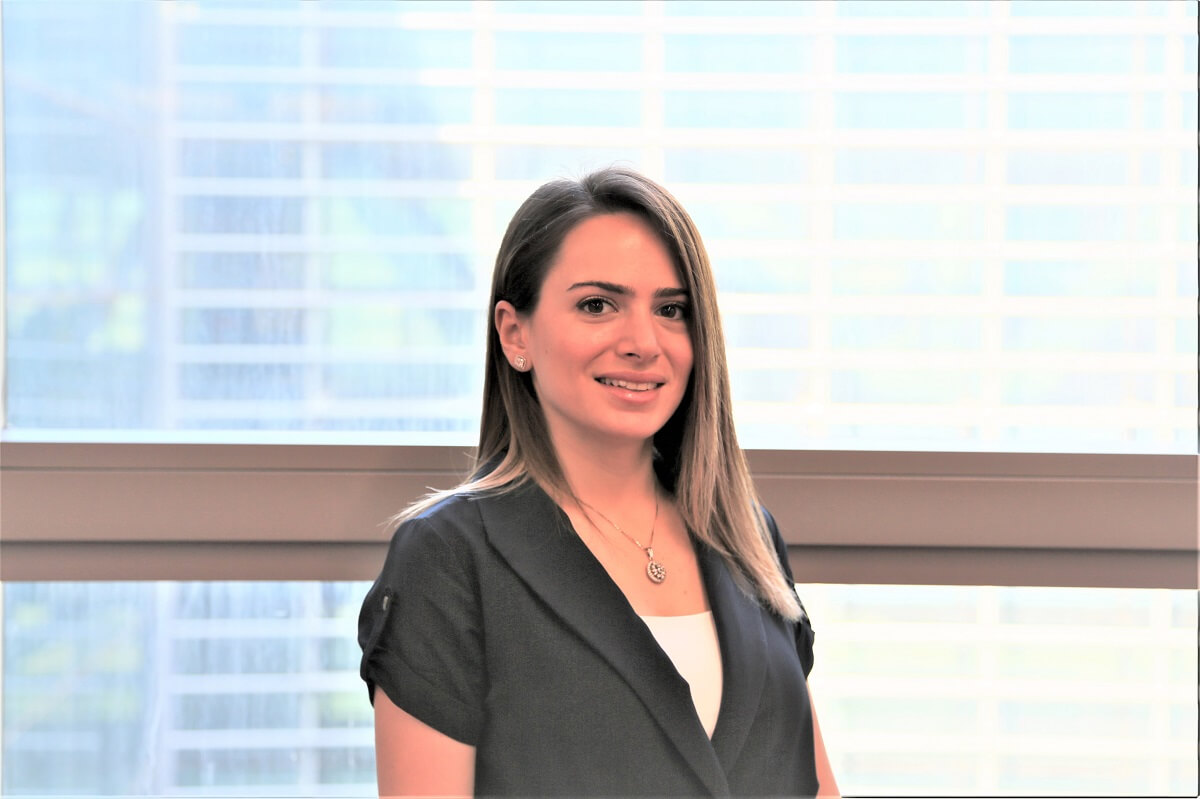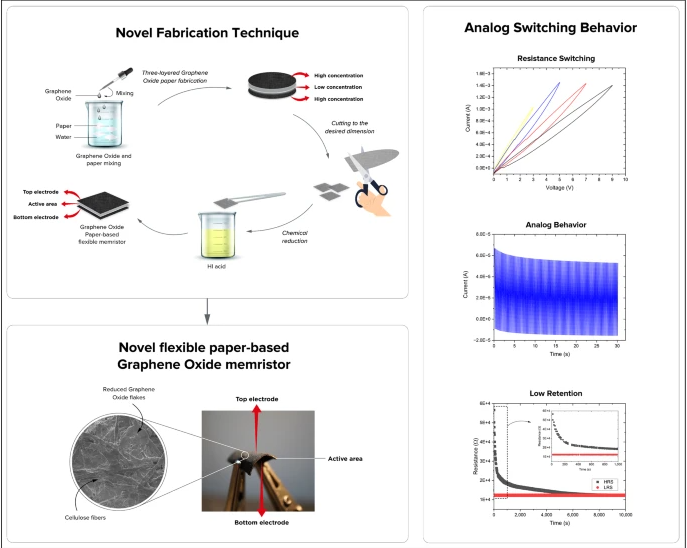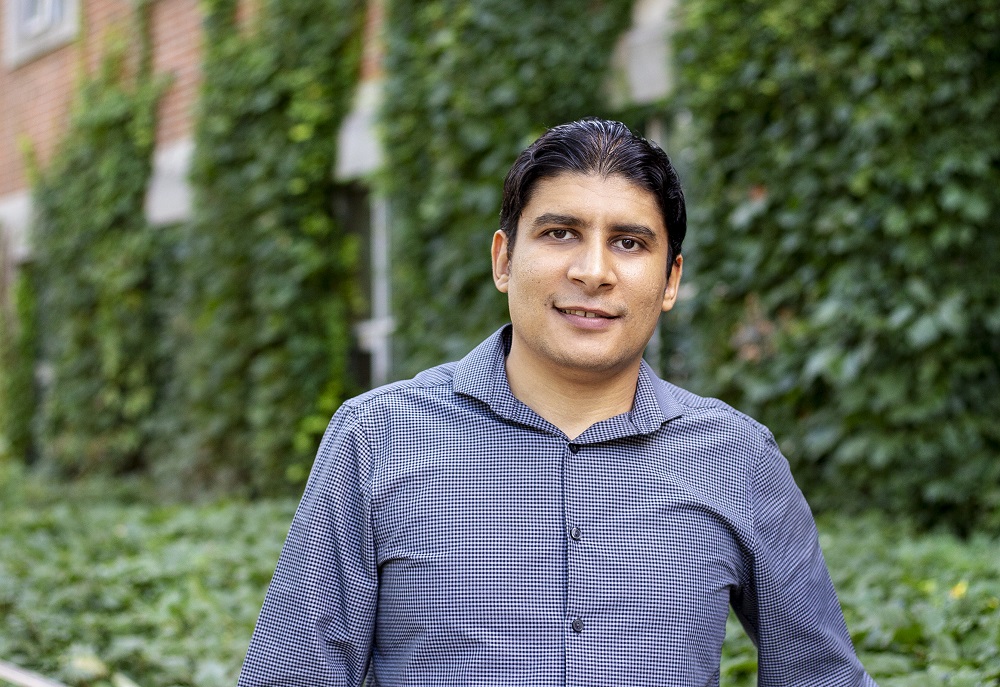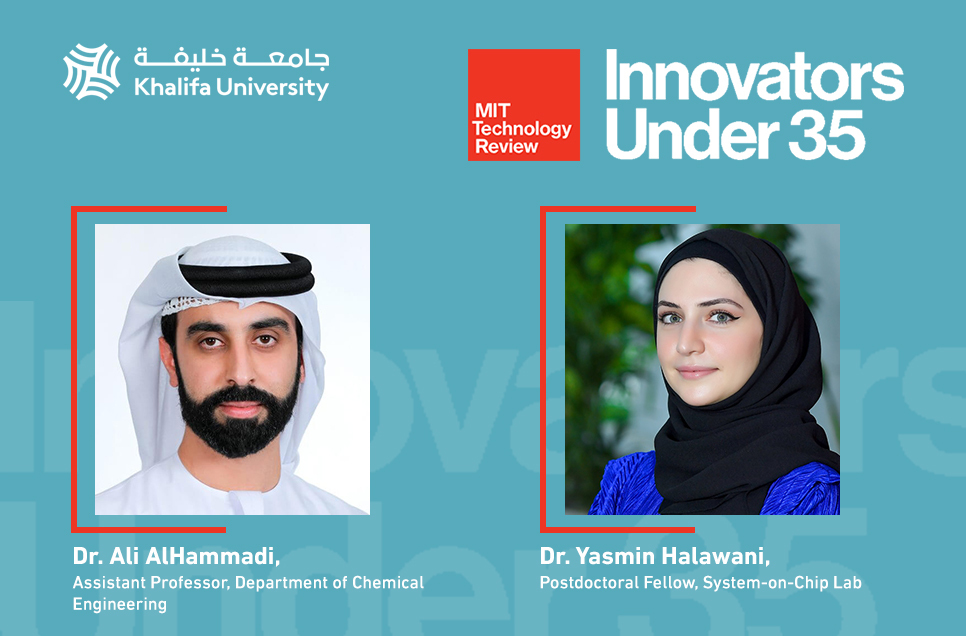
PhD student Lilas Alrahis won Best Paper Award for her paper titled “ScanSAT: Unlocking Obfuscated Scan Chains,” at the Applied Research Competition – MENA Region, one of nine competitions held in association with the New York University’s Cyber Security Awareness Week (CSAW) 2019, which took place from 6-8 November 2019.
Her winning paper addresses a key security issue arising out of the shifting microelectronics supply chain landscape.
“The dramatic increase in fabrication costs of Integrated Circuits (ICs) has led to the globalization of the IC supply chain, raising concerns regarding IC piracy, reverse engineering, and hardware Trojan insertion. ICs are the heart of electronic systems that are embedded in a wide range of applications. Therefore, ensuring trust in the IC supply chain is vital in order to guarantee a reliable and trustworthy platform to build on,” Alrahis explained.
The IC supply chain is witnessing the outsourcing of key steps, such as testing, to Outsourced Semiconductor Assembly and Test (OSAT) companies, which may damage or compromise on-chip assets. To prevent piracy and inappropriate use of ICs, chip makers are incorporating hardware locking systems as an important aspect of chip design.
One technique, called “obfuscation of scan chains,” hides the functionality of the chip design from the untrusted testers via the insertion of additional logic elements. The method involves inserting a type of logic between the chip elements that shift chip test data in and out of the chip to make every point in the chip controllable and observable. The logic is driven by a secret key to hide the transformation functions between the inputs, outputs and captured test data responses.
Alrahis leverages this technique and proposes the use of ScanSAT, a type of attack that transforms a scan obfuscated circuit to its logic-locked version and applies the Boolean satisfiability (SAT) based attack, which allows the user to extract the secret key.
The research work was carried out under KU’s System-on-Chip Lab (SoCL) with supervisors Dr. Hani Saleh, Associate Professor of Electrical Engineering and Computer Science, Dr. Baker Mohammad, Associate Professor of Electrical Engineering and Computer Science, and Dr. Mahmoud Al Qutayri, Professor of Electrical Engineering and Computer Science, in collaboration with Dr. Ozgur Sinanoglu, Professor of Electrical and Computer Engineering from NYUAD.
CSAW is the most comprehensive student-run cyber security event in the world, featuring nine competitions across six global regions. In the Applied Research Competition, industry experts served as judges who evaluated the originality, relevance, and accuracy of the research.
The achievement is a testament to the research and development being carried out at KU that aims to address the rapidly emerging changes in the landscape for cybersecurity.
“Participating in CSAW’19 was a great opportunity to present my research work and utilize the skills I have gained during my PhD. The experienced judges gave critical and valuable feedback on my work. Also, winning the competition provides proof of our important research work and distinguishes our publication from the rest,” Alrahis shared.
Erica Solomon
Senior Editor
18 November 2019






